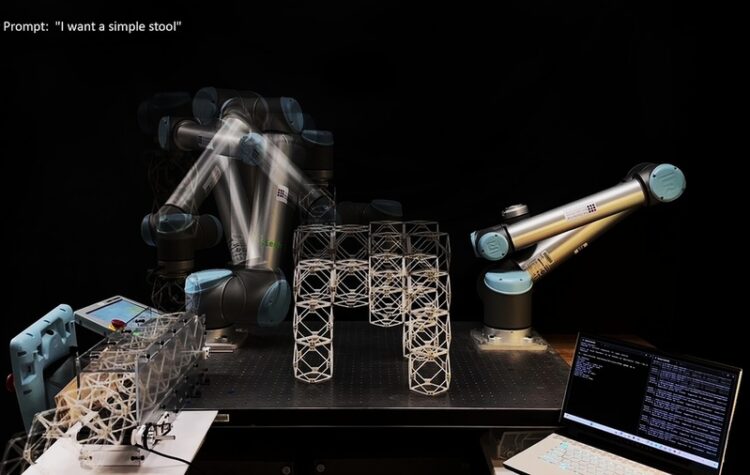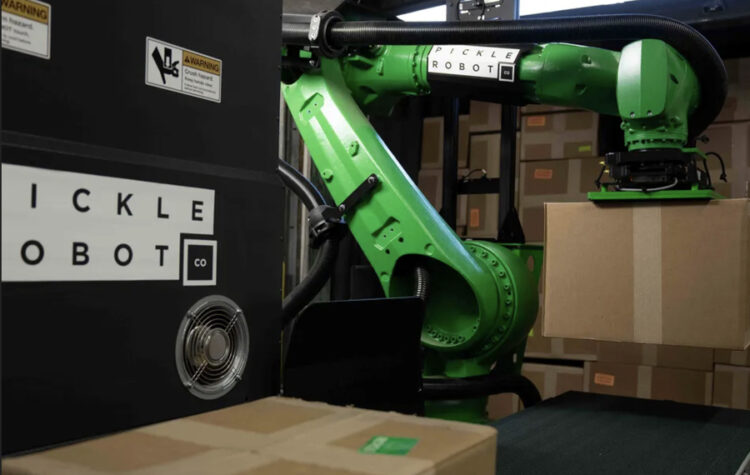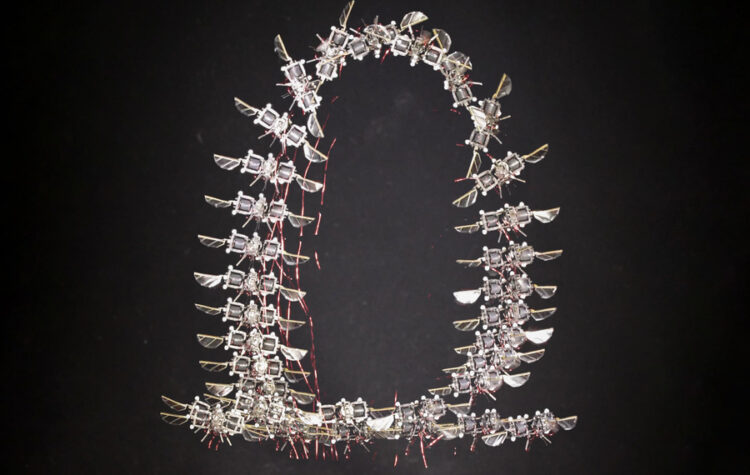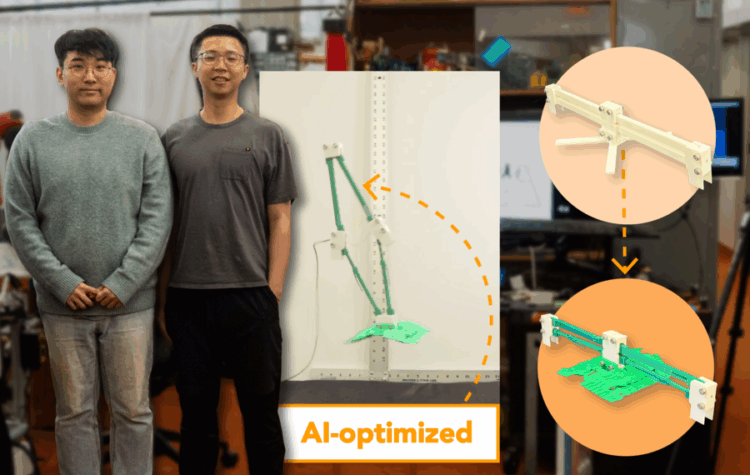
The speech-to-reality system combines 3D generative AI and robotic assembly to create objects on demand.

“Wait, we have the tech skills to build that”
From robotics to apps like “NerdXing,” senior Julianna Schneider is building technologies to solve problems in her community.

Robots that spare warehouse workers the heavy lifting
Founded by MIT alumni, the Pickle Robot Company has developed machines that can autonomously load and unload trucks inside warehouses and logistic centers.

With insect-like speed and agility, the tiny robot could someday aid in search-and-rescue missions.

Agrawal received the award for his work in “robot learning, self-supervised and sim-to-real policy learning, agile locomotion, and dexterous manipulation,” according to the organization.

Robot, know thyself: New vision-based system teaches machines to understand their bodies
Neural Jacobian Fields, developed by MIT CSAIL researchers, can learn to control any robot from a single camera, without any other sensors.

The PhysicsGen system, developed by MIT researchers, helps robots handle items in homes and factories by tailoring training data to a particular machine.

MIT CSAIL researchers combined GenAI and a physics simulation engine to refine robot designs. The result: a machine that out-jumped a robot designed by humans.

Researchers developed an algorithm that lets a robot “think ahead” and consider thousands of potential motion plans simultaneously.

With a novel simulation method, robots can guess the weight, softness, and other physical properties of an object just by picking it up.